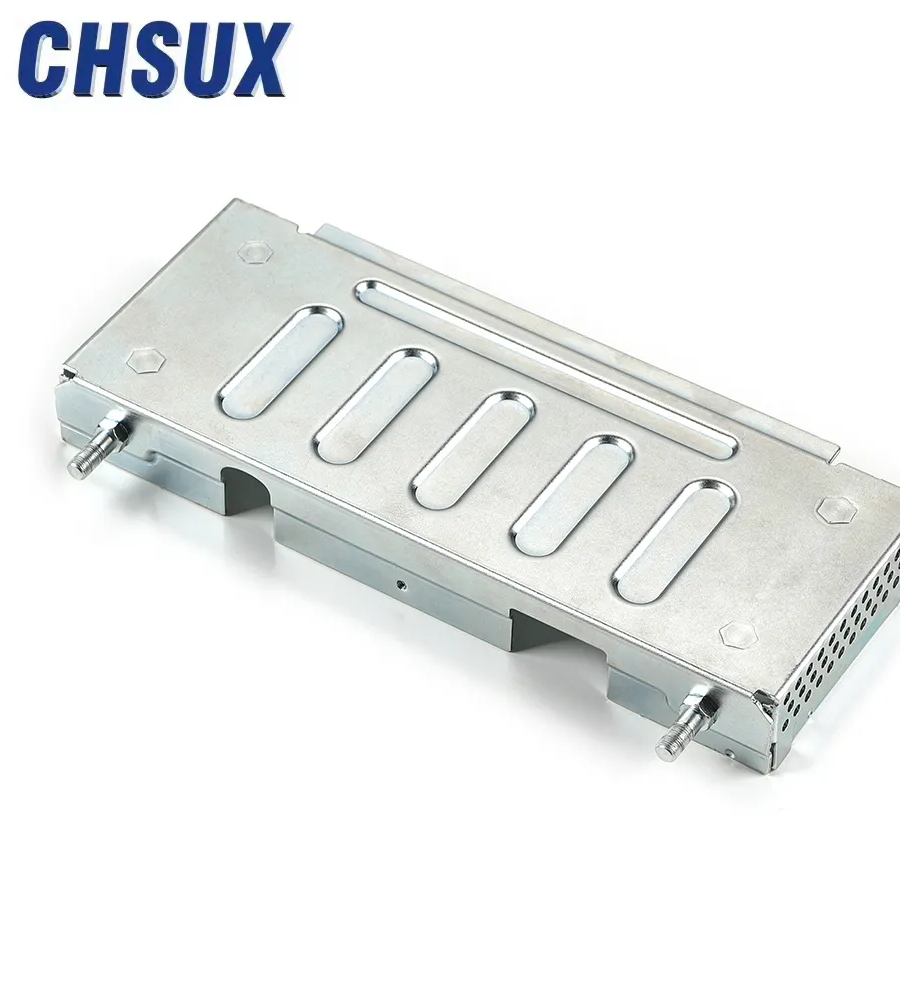
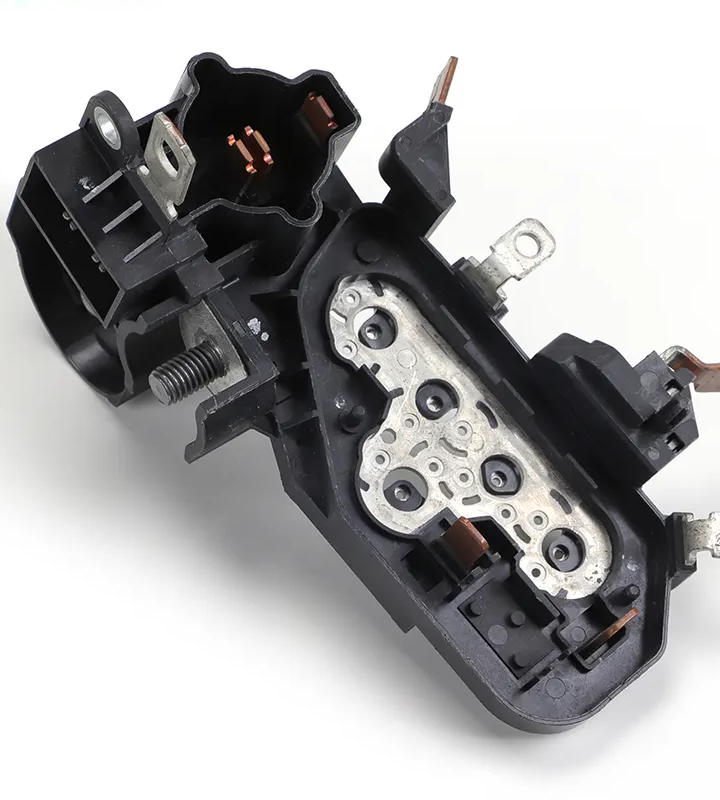
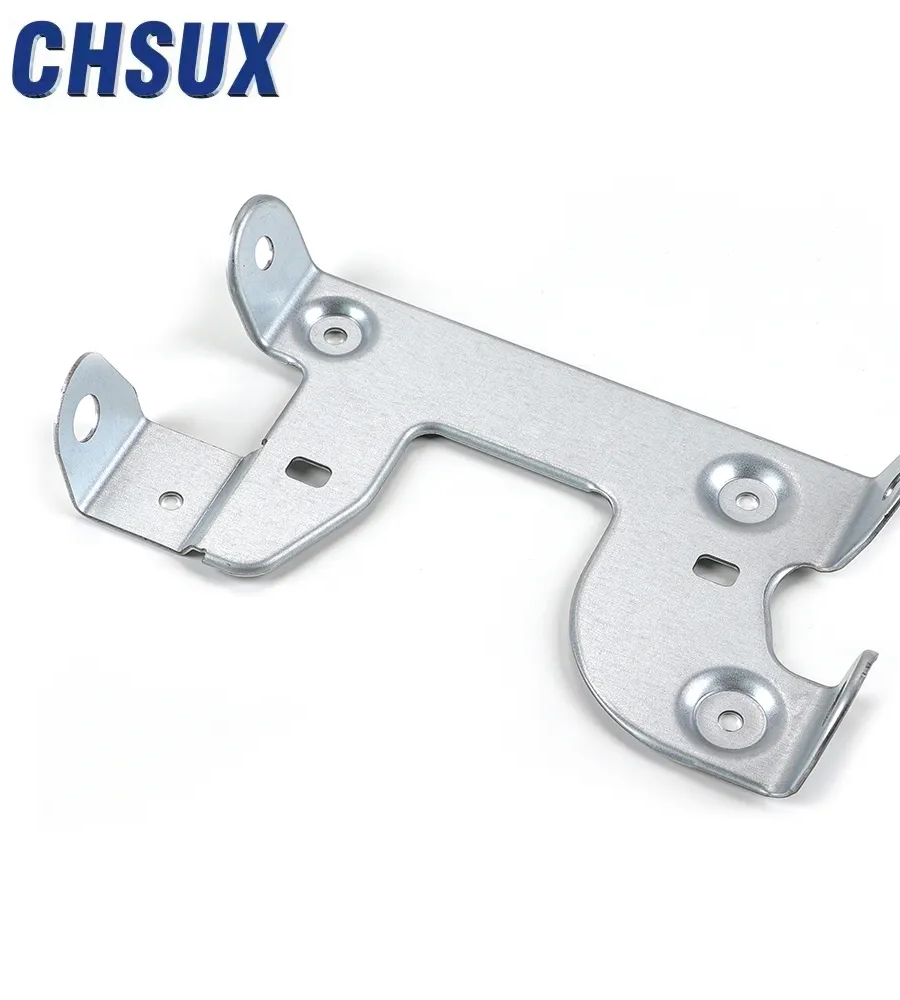
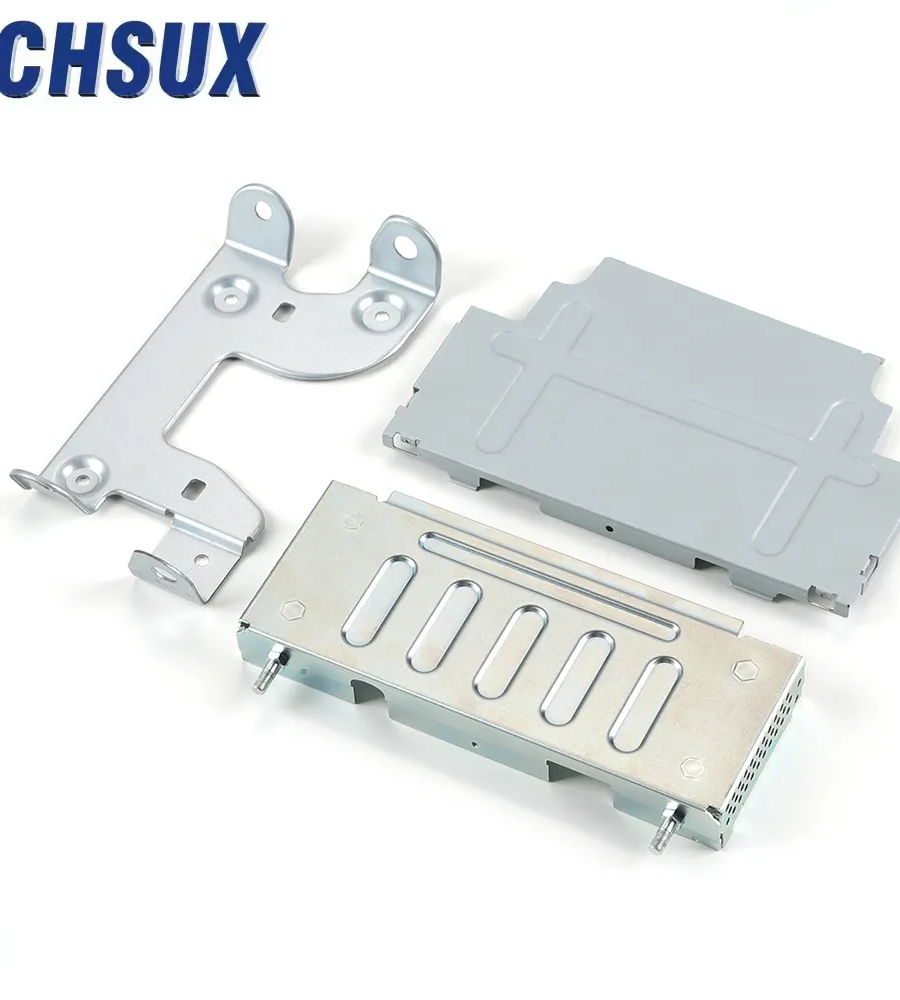

Dongguan CHSUX Precision Technology Co., Ltd., ein 17 Jahre OEM- und ODM-Hersteller von HF-Steckverbindern in Dongguan City, spezialisiert auf Forschung und Entwicklung, Produktion und Vertrieb von Präzisionshardware, HF-Steckverbindern, Koaxialkabeln, Kabelkonfektionen, Antennen, Autokomponenten und Mikrowellenprodukten. Mit einem umfassenden Sortiment an HF-Koaxialsteckverbindern wie SMA, SSMA, SMB und mehr erfüllen wir unterschiedliche Kundenanforderungen.
Ausgestattet mit fortschrittlicher Automatik und Halbautomatik automatische Maschinenhalten wir eine robuste F&E-Team und Produktionskette. Unser Engagement für Qualität zeigt sich in der Einhaltung internationaler Standards wie IATF 16949, ISO 9001 und ISO 14001.
Wir laden Kunden und Geschäftspartner weltweit ein, mit uns zusammenzuarbeiten, um gemeinsam zu wachsen und erfolgreich zu sein.
Gleichbleibend hochwertige Materialien sorgen für Kundenzufriedenheit.
Eine effiziente Logistik unterstützt pünktliche weltweite Lieferungen.
Attraktive Konditionen machen Großbestellungen kostengünstiger.
Reaktionsschneller Service verbessert die Kundenbeziehungen und das Vertrauen.
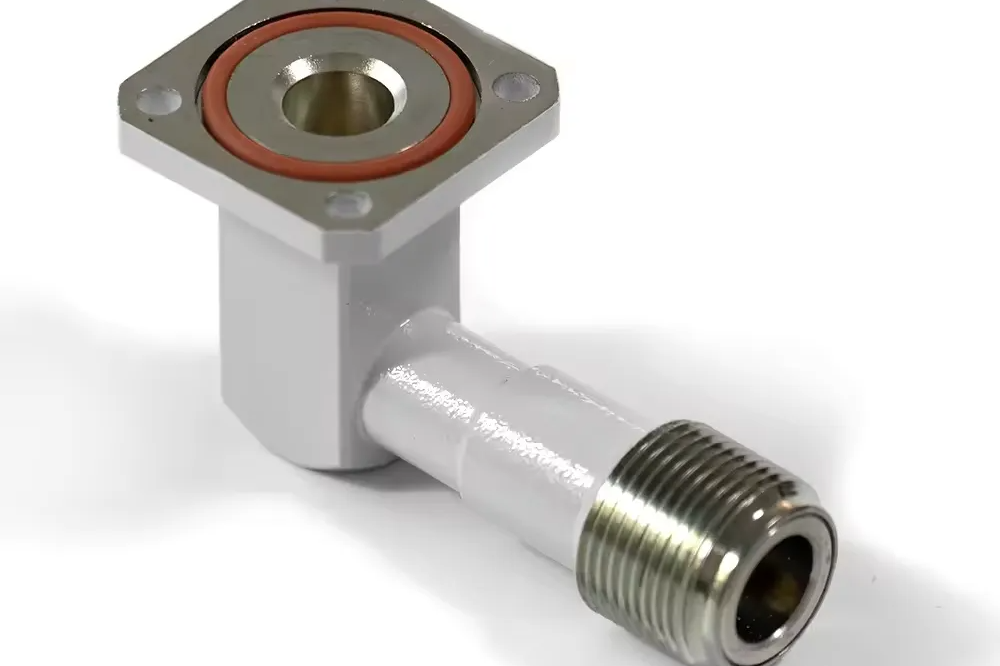
09
Aug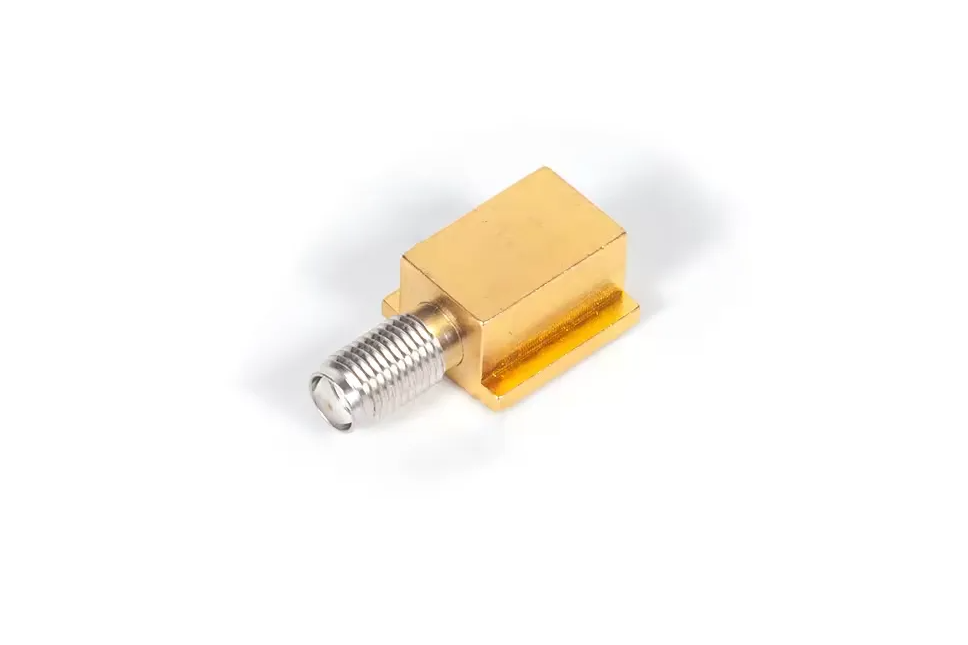
09
Aug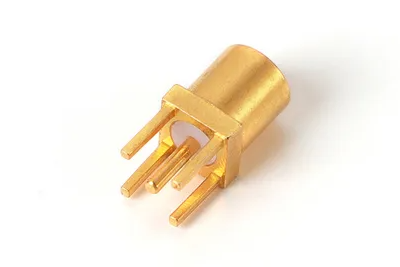
09
Aug
Automotive hardware components include fasteners, brackets, clamps, springs, and bolts. Fasteners, such as screws and nuts, hold parts together securely. Brackets support and mount components like engines or electrical units. Clamps manage and secure cables or hoses, while springs provide necessary tension in various mechanisms. Bolts offer strong, durable connections in critical areas, ensuring the vehicle's structural integrity and performance.
Material selection is crucial in automotive hardware components, as it directly affects durability, weight, and corrosion resistance. Components made from high-grade steel offer strength and longevity but can be heavier, affecting fuel efficiency. Aluminum, on the other hand, is lightweight and resistant to corrosion, making it ideal for parts exposed to harsh environments. Plastic materials are often used for their cost-effectiveness and resistance to chemicals but may lack the durability of metal alternatives.
Automotive hardware components are vital for vehicle safety, as they ensure all parts are securely attached and functioning correctly. For example, high-tensile bolts are used in the chassis to maintain structural integrity during a collision. Properly installed brackets and fasteners prevent components from becoming loose, which could lead to malfunctions. Additionally, components like clamps and springs help maintain the correct alignment and tension in various systems, reducing the risk of failures that could compromise safety.
Automotive hardware components are designed for easy and efficient assembly, which is essential in modern manufacturing. Standardized components, such as bolts and nuts, allow for quick assembly, reducing production time. Modular brackets and clamps can be easily installed, minimizing the need for custom parts and tools. This efficiency not only speeds up the assembly process but also lowers production costs, contributing to more affordable vehicles.
Recent innovations in automotive hardware components focus on enhancing strength while reducing weight. Advances in composite materials allow for the creation of lighter yet stronger components, improving vehicle performance and fuel efficiency. Additionally, the use of smart materials, which can change properties under different conditions, is emerging. These innovations aim to provide more durable, adaptable, and sustainable solutions for modern automotive manufacturing.
